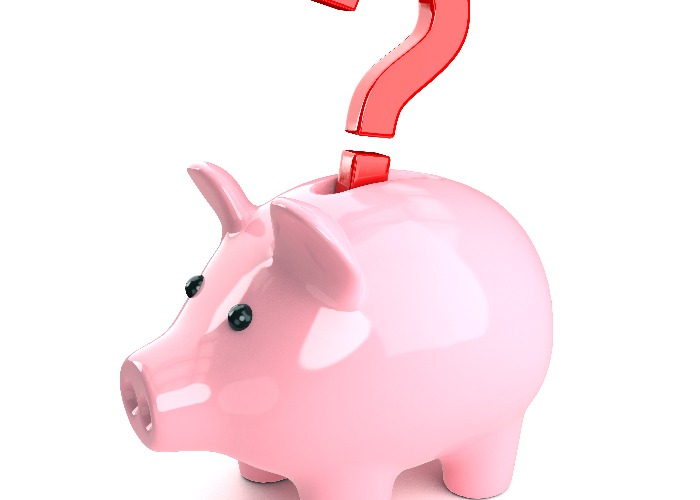Best savings accounts: why there's more to savings than the interest rate

The headline savings rate isn’t the only factor that determines how much interest you’ll actually get.
It’s been a tough decade for savers.
As the Base Rate has lingered around record lows, the returns that we can get on the money we squirrel away has plunged too.
We have even reached the stage where some people have been better off keeping their money in current accounts than in dedicated savings accounts, such has been the difference in interest rates on offer.
But it’s worth remembering that finding the best savings deal for you takes more than simply spotting the product with the juiciest interest rate.
There may be hidden traps in the terms and conditions that ensure that that apparently cracking savings account is not quite as appealing as it seems.
Earn up to 5% on your savings: where to get the best possible rates
How is the interest paid?
For example, an important consideration will be how the interest is paid.
Not only do accounts vary when it comes to how often the pay that interest – whether monthly or annually – but there can also be big differences over exactly where that interest goes.
Let’s take bonds for example.
By locking your money up for years at a time, you tend to get a much healthier rate than by sticking your money in an easy access account. But different bonds will handle the interest paid to you in different ways.
Many will reinvest the interest into the bond itself each year.
This is great – find an account paying a healthy rate of interest and you’ll enjoy that return not only on the money that you put in initially but also on the interest you earn each year.
Over time, those additional payments can really add up.
But not all bonds do that. Some opt to pay the interest into a separate easy access account, or even your current account.
This will likely be an account paying far less than your bond, and in some cases nothing at all. Again, over the course of a number of years, this can significantly reduce your overall returns.
Earn up to 5% on your savings: where to get the best possible rates
Keep your hands off
Of course, some savers aren’t overly fussed with long-term rewards, preferring to treat the savings interest as an income.
If you’re in this position then again you need to look closely at the savings accounts you’re considering, as some insist on the interest being locked up alongside the initial amounts that you’ve saved for the full term of the bond.
This is common with savings bonds – if you need to access the cash ahead of the maturation date, then you may need to sacrifice some of the interest earned or else pay a fee.
As such, it’s important to consider how long you can really afford to lock the money up for and whether the account allows you to access at least some of it early.
What happens when the account ends?
Another important consideration when picking a savings account, beyond the interest rate, is what happens to your money at the end of the term.
Some bonds will move the money over to an easy access account. While this will offer easy access, the rates on offer are likely to be terrible, so you’ll need to be on the ball to move the money somewhere else that you’ll get a solid return.
Others will look to reinvest the savings and interest into another bond unless you actively tell them not to.
This can be a solid choice if you’re not overly worried about shopping around and want to keep your money locked away. It will all come down to your personal circumstances though and what you’re looking for from your savings.
Earn up to 5% on your savings: where to get the best possible rates
Don’t forget your personal savings allowance
Finally, it’s worth remembering that everyone enjoys a £1,000 personal savings allowance. That’s how much you can receive in interest from your savings without having to pay any tax on those returns.
That may seem a lot, but if you have a decent amount stashed away – and a bond that keeps the interest reinvested – you can easily bring in even more.
So if you are determined to avoid paying any tax on your savings interest, you’ll need to carefully consider precisely where you keep that money.
Comments
Be the first to comment
Do you want to comment on this article? You need to be signed in for this feature